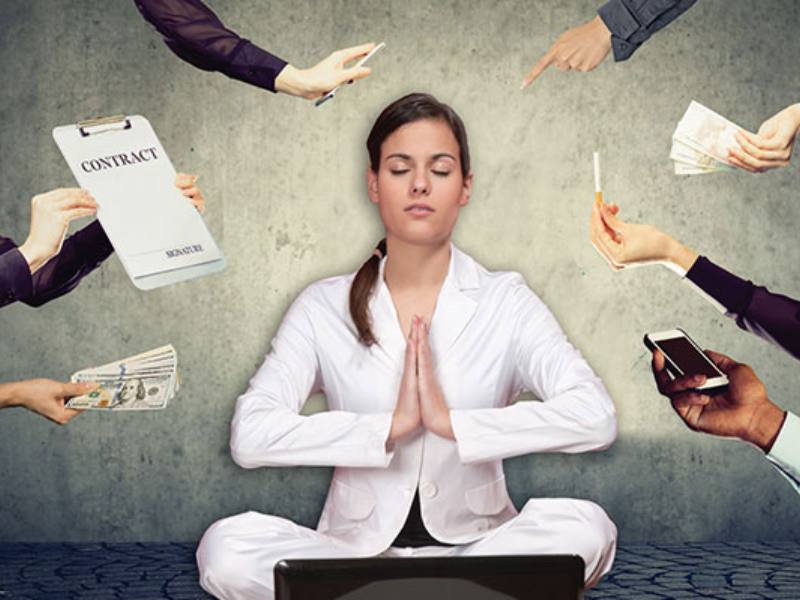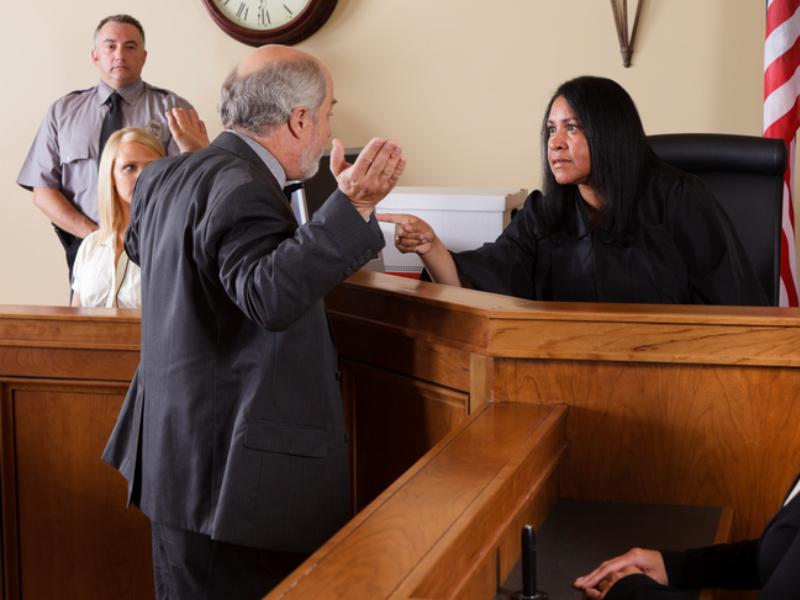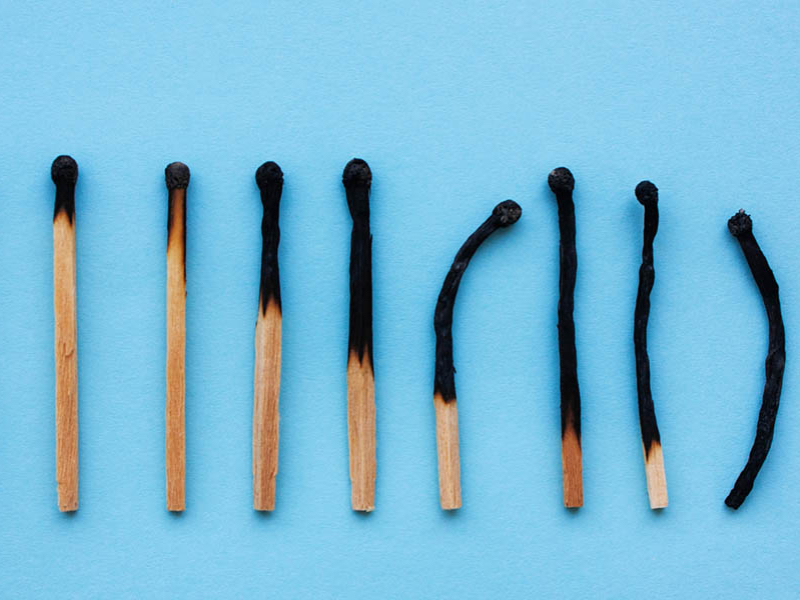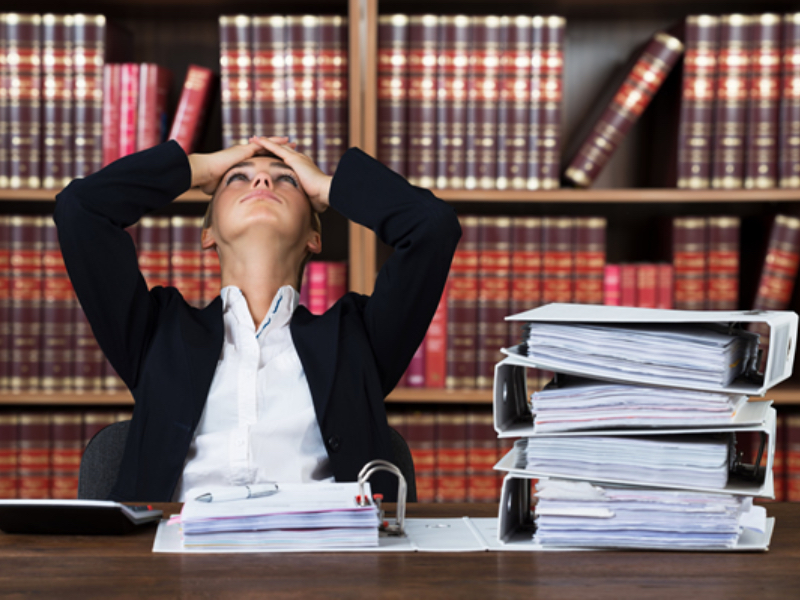Burned-out people have really exhausted their fuel reserves and cannot continue. Experts define burnouts as certified charred hulks and confirm the seriousness of the problem. Burnout is not an official medical diagnosis but a disease of disengagement as the term is used frequently but formal definitions are elusive.
Technology increases chances to experience burnout as expert clinical psychologists conform that we live in a culture of disconnection, distraction, and overload that breeds burnout. The legal profession presents acute risks for burnout with its long hours, unforgiving culture, and frantic billable time.
Increased and Chronic Risks
Burnout develops when someone deals with high stress levels without access to adequate resources of helpful advice, feedback from friends of colleagues, social support or control over spending their time while disengagement is a chronic process of disconnecting and distancing from one’s work, health and friends or family. Core symptoms of burnout are fatigue, irrespective of how much someone rests or sleeps and is due to deep exhaustion rather than mere sleep deprivation, and is not cured by just taking leave. Burnouts occur slowly, and it is never an instantaneous thing. Burned out people do not get excited about their work, or major successes achieved in things they once loved, and are generally disengaged from the flow of life around them. Cynicism about life, or a feeling that nothing a person does in everyday life, really matters. A sense of futility i exists as burnouts feel that after exerting much effort they achieve no progress or gain recognition. Lack of attention and inability to control attention is a key symptom of lawyer burnout.
Ability to recognize burnout clues
Many people including physicians fail to recognise burnout cases as the symptoms are not unique to burnout conditions. Although symptoms resemble other ailments, experts like clinical psychologists and doctors clarify certain clues to watch for. Physical clues include digestive problems, difficulty in sleeping, frequent headaches, and chest pain. While the mental indicators can include helplessness, irritability, hopelessness, panic attacks, anger, and loss of enjoyment. Those lawyers nearing burnout may suffer a sharp decrease in general productivity levels and increase in isolation and loneliness. If you suspect that you could be developing burnout symptoms, experts recommend informing your healthcare provider about chronic stress levels and specifically mentioning burnout probability.
Lawyer Professionals are at High Risk
Lawyers are at high risk for burnout, as the job and personality traits encouraged with available demands exceeding the resources to meet them, while the long and difficult work of practicing law places too many demands on a practitioner. Lawyers work long and stressful hours, as the job demands are intense with resources and support systems often falling short. The get-over-it legal culture pushes one towards burnouts as lawyers work in environments where the motto is something like “work hard now, and play later” and “you sleep only after you’re dead”. Combined with pressures to appear tough and non-expendable to both their clients as lawyers have to appear calm in stressful situations and even when in situations concerning hostile colleagues, lawyers exist in cultures intolerant the discussion of burnout or stress. This kind of culture prevents lawyers from acknowledging any burnout, or even talking about it, or seeking professional help, all of which are very essential for preventingserious burnout.








